Today, I want to share with you the essential nutrients that should not be overlooked while following a vegan diet. Since a vegan diet excludes animal products, it requires a bit more attention to nutrient intake. Let’s explore the nutrients we need to focus on and where to find them!
Understanding the Basics and Importance of a Vegan Diet
A vegan diet is a lifestyle choice that excludes animal products and relies on plant-based foods. This choice has become popular for various reasons, including animal welfare, environmental conservation, and health improvement. However, when choosing a vegan diet, it’s essential to consider a few key nutrients. Failing to get enough of these nutrients can put you at risk of nutritional deficiencies.
Protein: An Essential Component of the Vegan Diet
Vegans must find alternatives to ensure they get enough protein, a crucial component of muscles and important for immune function and tissue repair. To adequately intake protein in a vegan diet, one should consume a variety of foods like soy, tofu, seeds, and nuts.
Iron: How to Ensure Adequate Intake and the Right Sources
Vegans need to be cautious to get enough iron, which plays a vital role in blood production and oxygen transport. Plant-based iron sources are absorbed less efficiently than animal-based sources, so it’s important to eat iron-rich foods like beans, green leafy vegetables, and nuts. Consuming vitamin C-rich fruits and vegetables can also help with iron absorption.
Exploring Calcium-Rich Vegan Options
Vegans may be at risk of calcium deficiency, which is important for maintaining bone health and muscle function. To get enough calcium in a vegan diet, one should consume baked beans, green leafy vegetables, and seeds. Vegan calcium supplements can also be considered.
Vitamin B12: A Crucial Consideration in a Vegan Diet
Vitamin B12 is one of the most critical nutrients in a vegan diet, as it is almost nonexistent in plant foods and mainly found in animal products. Vegans need to consume B12 supplements like nutritional yeast or yeast extracts.
Omega-3 Fatty Acids: Plant-Based Sources and Their
Importance Omega-3 fatty acids are important for brain function and heart health. While fish are a common source of omega-3s, vegans can obtain adequate amounts from plant-based sources like flaxseeds, walnuts, and avocados. Vegan omega-3 supplements like flaxseed oil can also be considered.
The Importance of Vitamin D and Vegan Sources
Vitamin D plays a crucial role in maintaining bone health and strengthening immune function. Vegans might not get enough vitamin D from sun exposure or diet alone. Therefore, taking vegan vitamin D supplements is advisable. Mushrooms exposed to UV light can also synthesize vitamin D and are worth considering in a vegan diet.
Zinc: Its Role and Sources in a Plant-Based Diet
Zinc is important for immune function, protein synthesis, and hormone regulation. To get enough zinc in a plant-based diet, consume baked beans, seeds, nuts, and green leafy vegetables. Vegan zinc supplements can also be an option.
Iodine: An Often Overlooked Nutrient in a Vegan Diet
Iodine is crucial for thyroid function and brain development. Vegan sources of iodine are limited, so supplementation may be necessary. Seaweeds like kelp are good sources of iodine. Iodine supplements can also be considered.
Healthy Diet Planning and Nutrient Supplementation
Tips for Vegans Vegans must pay attention to healthy diet planning and nutrient supplementation. Maintaining a diverse and balanced diet that includes a variety of vegetables, fruits, nuts, seeds, and meat substitutes is essential. Considering vegan supplements to ensure adequate nutrient intake can help prevent nutritional deficiencies and maintain a healthy lifestyle.
We have explored the essential nutrients that should not be missed in a vegan diet. It’s important to ensure adequate intake of these nutrients while following a vegan lifestyle. Including a variety of foods and considering nutrient supplementation can help maintain a healthy vegan diet and prevent nutritional deficiencies.
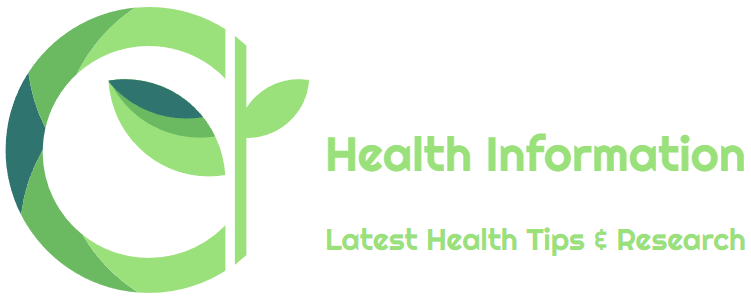
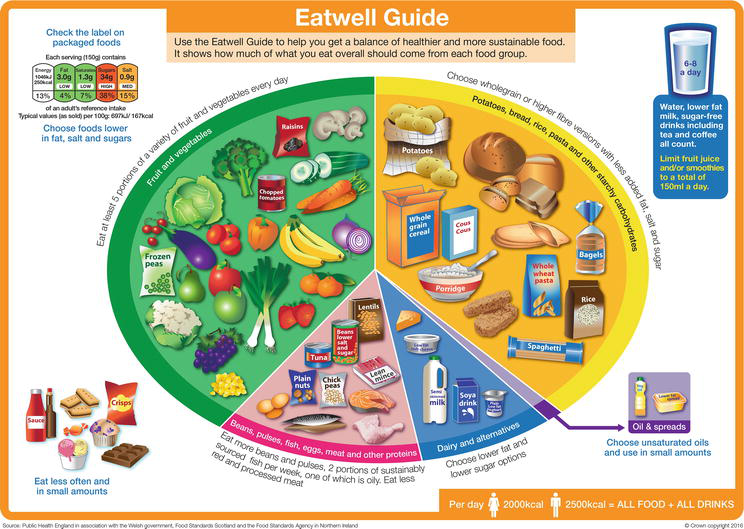
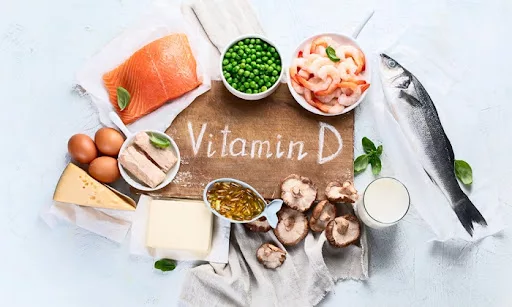
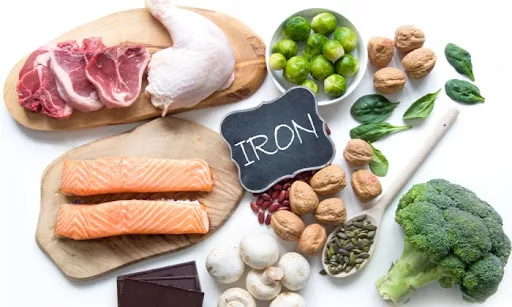
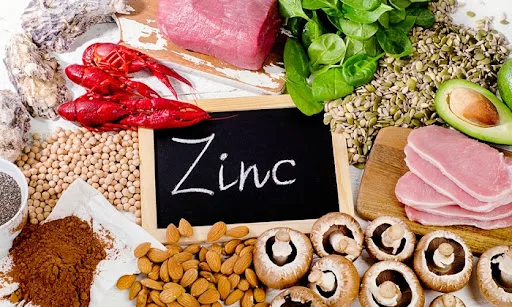
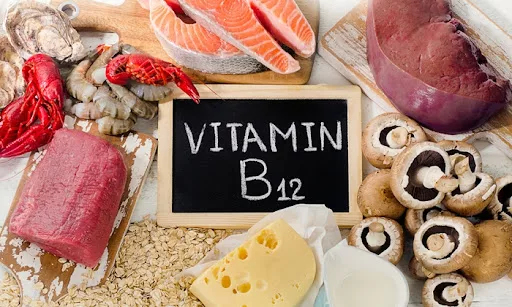
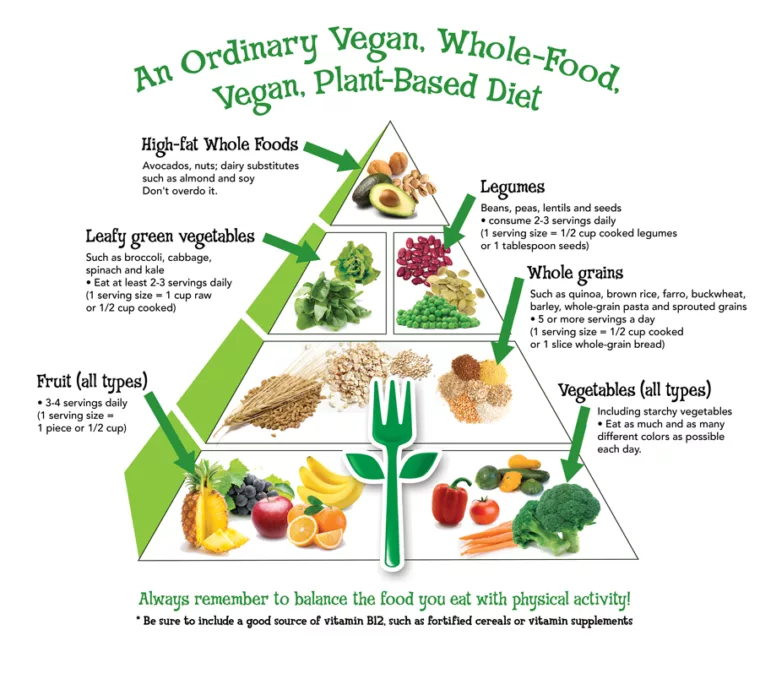
Leave a Reply